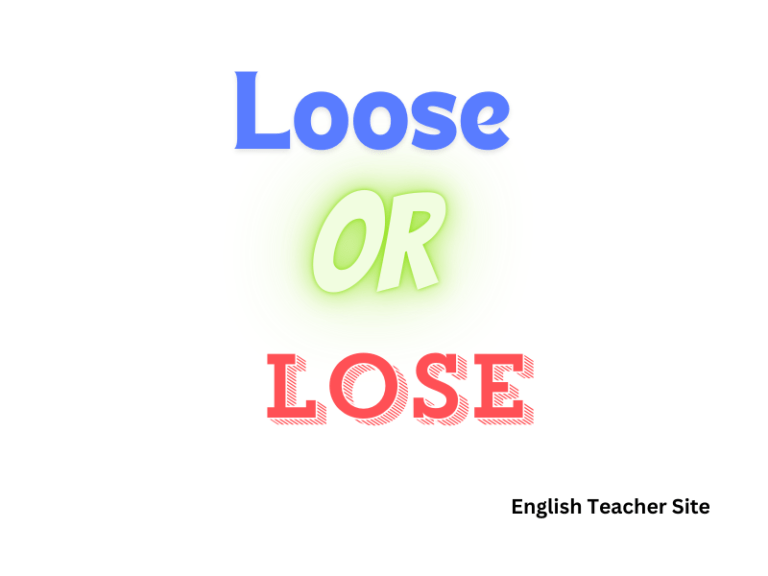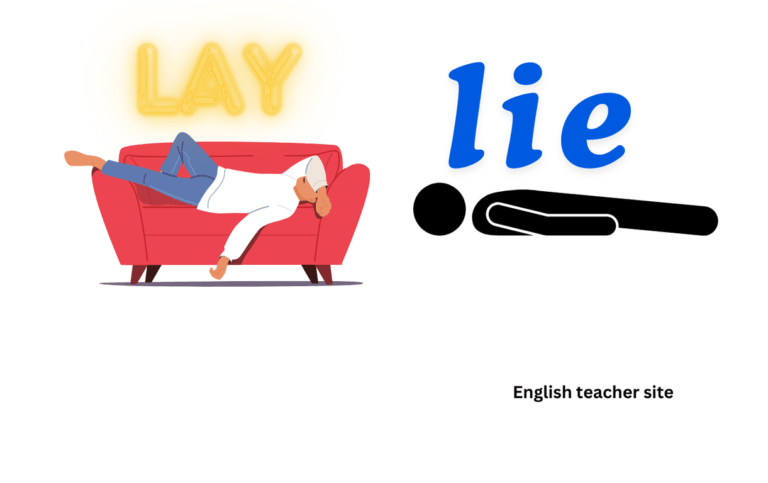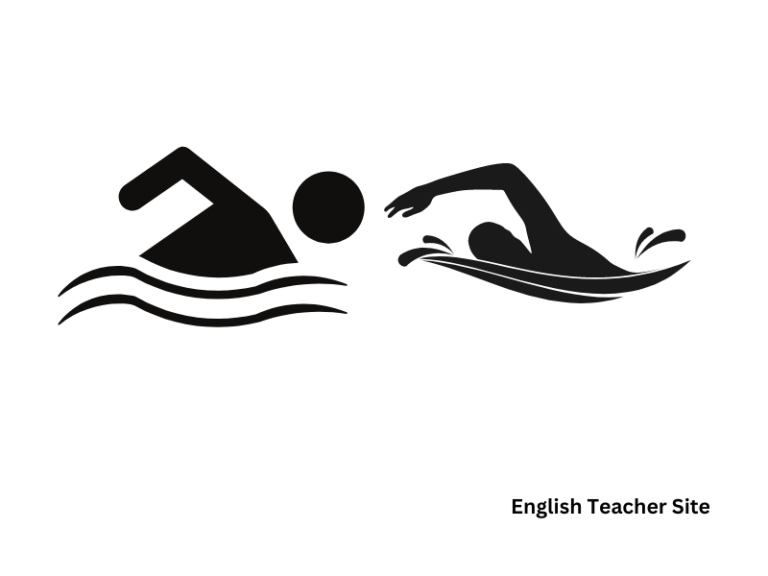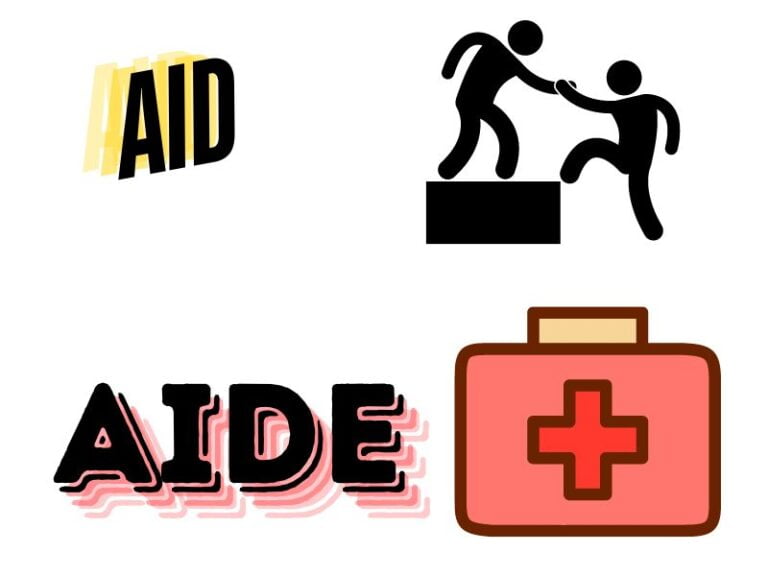Why the Past Tense of Shut Confuses So Many People?
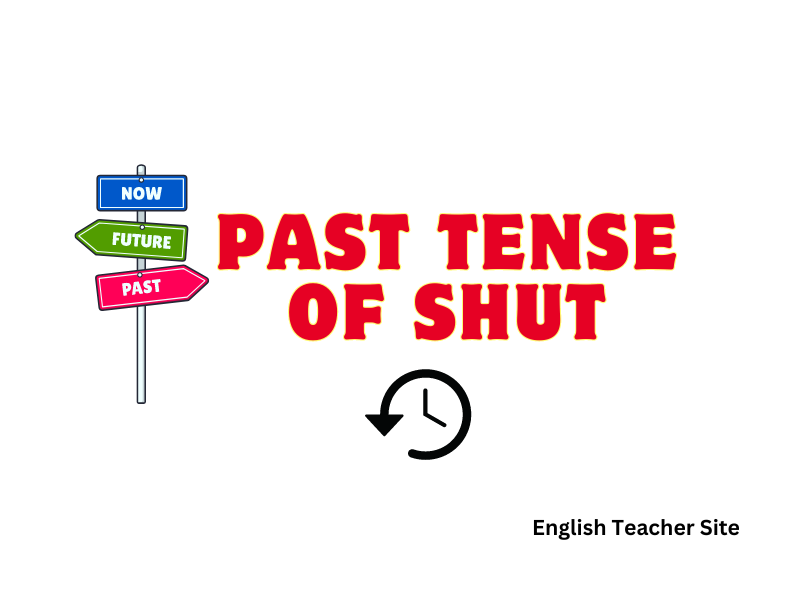
Introduction: Unraveling the Mystery of Past Tense of Shut
The past tense of the verb “shut” causes considerable confusion for many English learners, even though it is a relatively common word. At first glance, it seems simple, but its irregular nature sets it apart from regular verbs, making it a perplexing puzzle. Unlike most verbs, which follow the straightforward rule of adding -ed to the base form to create their past tense (e.g., walk – walked), “shut” doesn’t conform to that pattern. Instead, the past tense is identical to the present form: shut. This deviation from expectations creates hesitation and errors, especially when learners are taught the regular -ed rule early on.
Understanding the Basics: What is the Past Tense of Shut?
Why We Don’t Add -ed to Shut Like Other Verbs
The absence of the -ed suffix on the past tense of “shut” can be traced back to the verb’s historical roots. In Old English, many verbs underwent significant changes in their conjugations, often resulting in forms that remain in modern English in their irregular form. “Shut” follows this pattern, having evolved in such a way that its past tense no longer aligns with the regular structure of other verbs. This linguistic evolution reflects the fluid nature of language, where irregular forms persist long after their origins have been lost to history.
The Confusion: Common Mistakes with Shut’s Past Tense
Using Shutted: Why This Is Incorrect
The most common mistake associated with the past tense of “shut” is the use of “shutted.” This form arises from the tendency to apply the regular conjugation rule, adding “-ed” to the base form. However, “shutted” is grammatically incorrect. The proper past tense of “shut” remains unchanged, so “shut” should always be used, regardless of the tense. Unfortunately, this mistake is often perpetuated through informal speech, leading to a widespread misunderstanding.
Why People Tend to Overthink Irregular Verbs
Irregular verbs often cause learners to overthink. When faced with a verb like “shut,” which doesn’t follow the expected rule, students may feel compelled to correct what seems like an anomaly by adding “-ed.” This overthinking leads to errors. The solution lies in recognizing the inherent irregularity of verbs like “shut” and accepting them as exceptions to the usual rule. Understanding the nature of irregular verbs is key to overcoming this tendency to overcomplicate simple language rules.
Real-Life Examples: When and How to Use the Past Tense of Shut
Common Phrases That Use the Past Tense of Shut
Several expressions rely on the past tense of “shut,” such as “shut down,” “shut off,” and “shut up.” These phrases demonstrate the versatility of the verb and its use in both literal and figurative contexts. For instance, “We shut down the computer for the night” or “Please shut up while I concentrate.” In each case, “shut” maintains its past form, despite the varied contexts in which it is used.
How Misusing the Past Tense of Shut Can Change Meaning
Using an incorrect form of “shut,” such as “shutted,” can lead to confusion. For instance, “I shutted the door” sounds awkward and incorrect, making the speaker appear less fluent in English. It’s important to adhere to the correct form, as this can affect the clarity of communication. While native speakers might still understand the intended meaning, non-native speakers may struggle with comprehension if common mistakes are made.
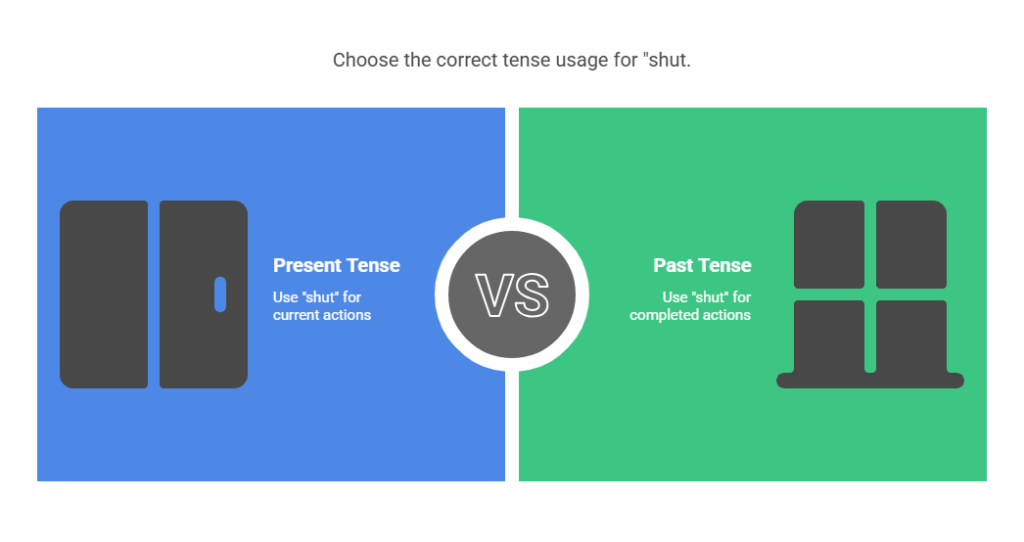
Breaking the Habit: Tips to Remember the Past Tense of Shut
Memory Aids to Help You Get It Right
One helpful trick is to focus on the simplicity of the past tense of “shut” — it’s the same as the base form. Creating mental associations with other irregular verbs that also retain their form, such as “put” or “cut,” can help reinforce the idea that “shut” doesn’t need an “-ed” ending. Repetition through use in sentences and practice exercises can cement this rule in memory, making it easier to recall when needed.
Practice Exercises to Reinforce Your Learning
Engaging in regular practice is crucial. Write sentences using “shut” in various contexts, focusing on its proper usage in both past and present situations. Additionally, practice speaking with others, focusing on the past tense of irregular verbs. Hearing and using these forms in conversation will help solidify the correct structure in your mind, ensuring fluency in both spoken and written English.
Conclusion: Mastering the Past Tense of Shut with Confidence
The past tense of “shut” remains unchanged from its present form. It’s an irregular verb, which means it doesn’t follow the typical -ed rule. Understanding this unique feature and practicing its use can help eliminate common mistakes like “shutted.” Mastering the past tense of “shut” and other irregular verbs will elevate your English proficiency. It not only improves your grammar but also enhances your ability to communicate clearly and effectively. Recognizing the importance of irregular verbs will allow you to speak and write with greater confidence, ensuring you are understood and respected as a proficient English speaker.
Sources
1. Harper, Douglas. “Etymology of shut.” Online Etymology Dictionary.
My name is Khamis Maiouf. I am the creator of the English Teacher Site, dedicated to providing valuable resources and insights for students around the world. With a passion for education and a commitment to helping students enhance their skills, I aim to make English teaching more effective and enjoyable for both educators and students.

